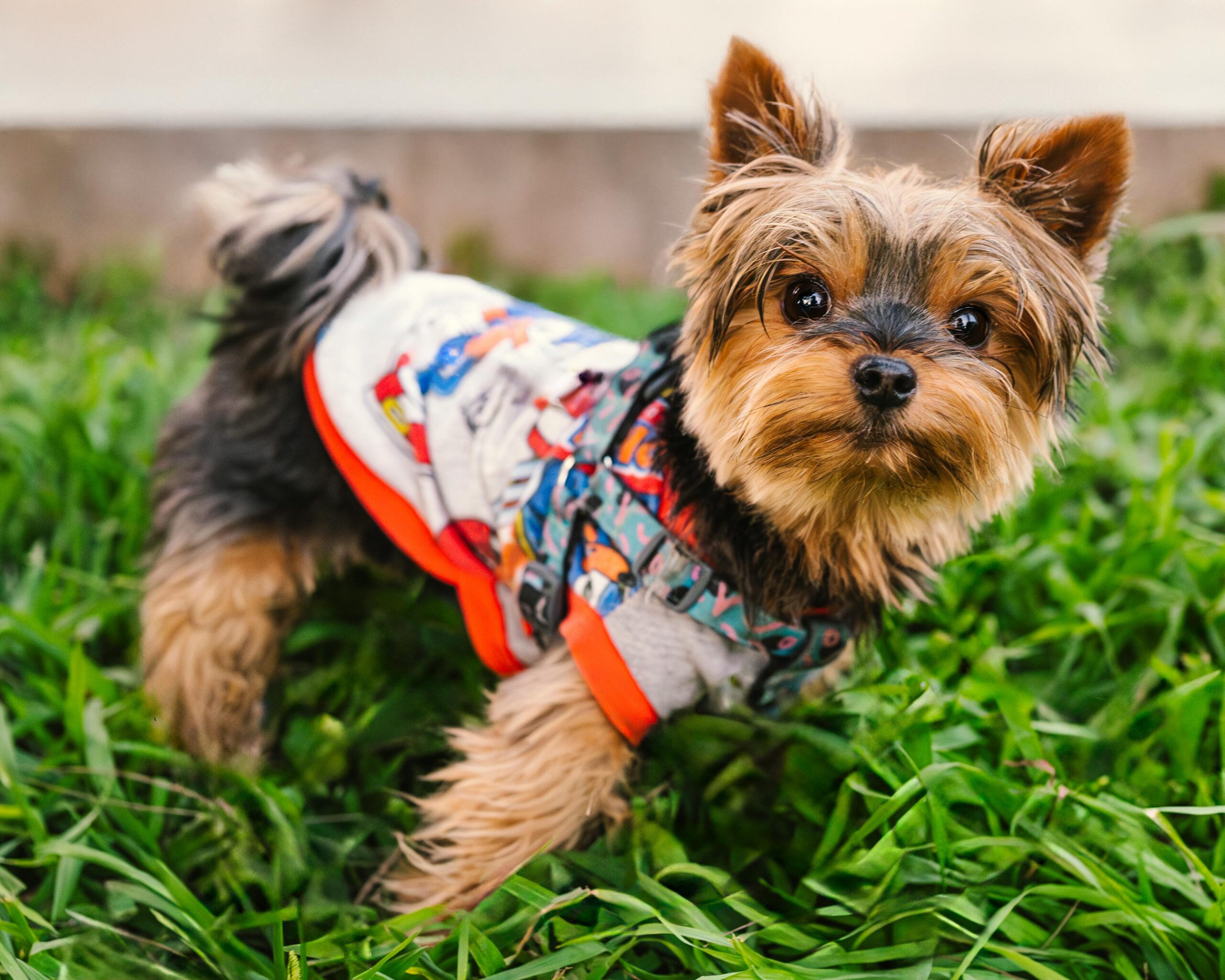As pet owners, we go to great lengths to keep our furry companions safe and healthy. We baby-proof our homes, provide them with nutritious food, and ensure they get the best veterinary care. However, some everyday items we might not think twice about can be highly toxic to our pets. While many people are aware that chocolate and antifreeze are dangerous for dogs and cats, there are plenty of lesser-known toxins that can pose a serious threat. Here are five things you may not have known were poison to your pet.
1. Sugar-Free Gum and Candy (Xylitol)
Many pet owners are unaware of the dangers of xylitol, an artificial sweetener found in sugar-free gum, candy, baked goods, peanut butter, and even some medications. While harmless to humans, xylitol is extremely toxic to dogs.
When ingested, xylitol causes a rapid release of insulin in dogs, leading to a severe drop in blood sugar (hypoglycemia) within 10-60 minutes. Symptoms include vomiting, weakness, staggering, seizures, and even liver failure in severe cases. Even small amounts can be life-threatening, so if you suspect your dog has ingested xylitol, seek emergency veterinary care immediately.
The effects of xylitol on cats are less serious, but it is always best to keep these items out of reach of all pets.
2. Grapes and Raisins
Grapes and raisins might seem like healthy snacks, but they are extremely dangerous for dogs. Even small amounts can lead to kidney failure, though the exact toxin responsible remains unknown.
Symptoms of grape or raisin poisoning include vomiting, diarrhea, lethargy, loss of appetite, and increased thirst and urination. In severe cases, kidney failure can develop within 72 hours. Since some dogs are more sensitive to grapes and raisins than others, it is safest to assume that any amount is dangerous. If you suspect your dog has eaten grapes or raisins, contact your veterinarian immediately.
While there is less evidence that grapes and raisins are toxic to cats, it’s best to keep them away from all pets.
3. Onions, Garlic, and Chives
Many pet owners don’t realize that common kitchen ingredients like onions, garlic, and chives can be harmful to pets. These all belong to the Allium family and contain compounds that can damage red blood cells, leading to hemolytic anemia.
Both dogs and cats are susceptible, but cats are particularly sensitive. Symptoms of onion or garlic poisoning may not appear immediately and can include weakness, lethargy, vomiting, diarrhea, pale gums, and dark-colored urine. In severe cases, a blood transfusion may be necessary.
Toxicity can occur from raw, cooked, powdered, or dehydrated forms, so it’s essential to keep your pet away from foods seasoned with onion or garlic, such as soups, sauces, or takeout meals.
4. Essential Oils
Essential oils have become increasingly popular in households for their aromatic and therapeutic benefits. However, many essential oils are toxic to pets, especially cats, who lack the enzymes necessary to metabolize certain compounds found in these oils.
Tea tree oil, eucalyptus oil, peppermint oil, cinnamon oil, and citrus oils are among the most dangerous for pets. Symptoms of essential oil poisoning include drooling, vomiting, difficulty breathing, tremors, and liver failure in severe cases.
If you use essential oils in your home, ensure they are stored safely and avoid using them around your pets.
5. Lilies
While many people are aware that some plants can be harmful to pets, few realize just how deadly lilies can be—particularly for cats. Even a small amount of exposure, such as licking pollen off their fur or drinking water from a vase containing lilies, can lead to acute kidney failure in cats.
Symptoms of lily toxicity include vomiting, lethargy, loss of appetite, increased thirst, and urination, followed by a decrease in urination as kidney failure progresses. Immediate veterinary care is crucial, as early intervention can save a cat’s life.
While lilies are especially toxic to cats, dogs can also experience gastrointestinal upset if they ingest them. To keep your pets safe, it’s best to avoid having lilies in your home or garden altogether.
Keeping Your Pet Safe
Now that you know about these lesser-known toxins, you can take extra precautions to keep your pets safe. Here are some tips:
- Avoid feeding your pet human food.
- Store toxic foods and household items out of reach.
- Be cautious when using essential oils in your home.
- Keep plants that are toxic to pets out of your house and garden.
- If you suspect your pet has ingested something toxic, contact your veterinarian or an emergency pet poison hotline immediately.
At Hill & Harbour Veterinary Center, we’re dedicated to providing the best care and advice to keep your pets safe and healthy. If you have any concerns about pet poisoning or need guidance on pet-proofing your home, don’t hesitate to reach out to us.
By staying informed and vigilant, you can help prevent accidental poisoning and ensure your furry friends live long, happy, and healthy lives.

